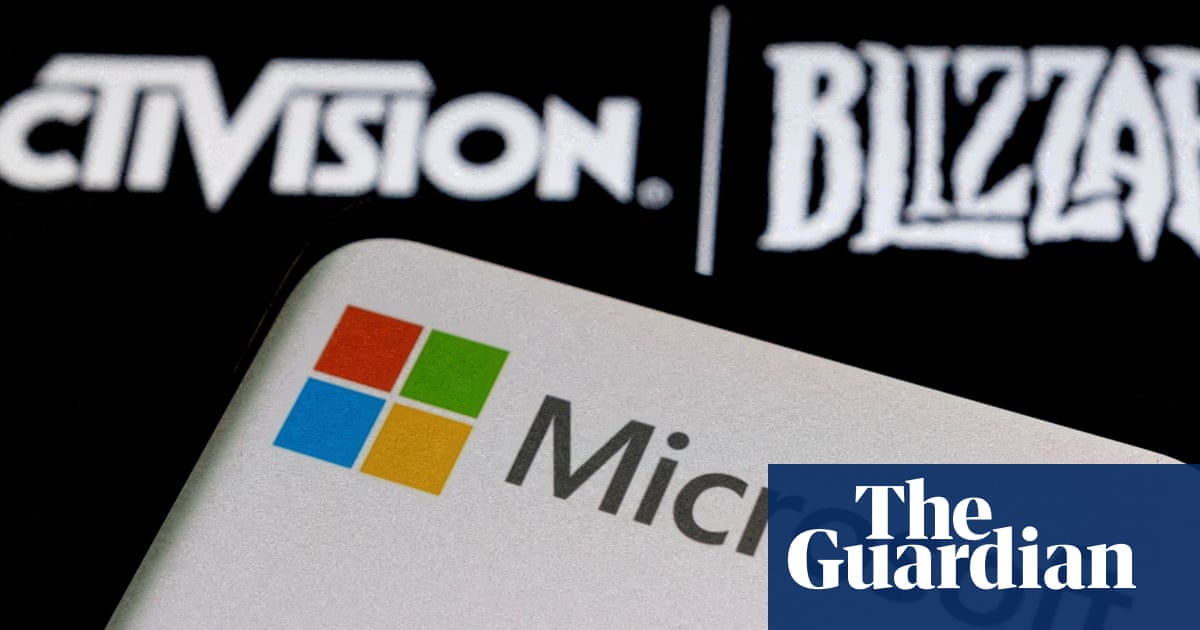The recent decision by the US Federal Trade Commission (FTC) to drop its case against Microsoft's acquisition of Activision Blizzard highlights several significant trends in regulatory approaches and corporate strategy. This event not only impacts the gaming industry but also reveals shifting political dynamics within the regulatory bodies.
Regulatory Landscape Change
The FTC's move to abandon the case represents a notable shift under the leadership of Andrew Ferguson, who appears to be redirecting the agency's focus towards issues aligned with current political agendas, particularly those favored by Donald Trump. This suggests a potential reorientation of regulatory priorities, moving away from aggressive antitrust actions that characterized the tenure of former chair Lina Khan.
Public Sentiment and Corporate Victory
Microsoft's president, Brad Smith, framed the FTC's decision as a victory for consumers, indicating a narrative that promotes the idea of corporate mergers as beneficial for the public. This sentiment may be aimed at reassuring stakeholders and consumers alike of the positive implications of such acquisitions, despite concerns about market competition and monopolistic behavior.
Strategic Implications for Future Mergers
While the FTC's loss in court regarding the merger reflects a broader trend of leniency towards large corporations, it also raises questions about the agency's future effectiveness in regulating mergers that could harm competition. The fact that the largest acquisition in the gaming industry went through largely unchallenged could embolden other tech giants to pursue similar strategies.
Potential Economic Ramifications
The implications of this decision could reverberate through the economy, particularly in the tech and gaming sectors. If large mergers are seen as less likely to face regulatory hurdles, it could lead to a wave of consolidations, impacting market dynamics and competition. Investors may react positively to this news, potentially boosting stock prices for companies involved in similar industries.
Target Audience and Support Base
The reporting of this news seems to cater to tech enthusiasts, investors, and corporate stakeholders who favor favorable regulatory environments. By emphasizing the benefits of the acquisition, the narrative may resonate particularly well with those who support big tech and its influence in the market.
Effects on Market and Stock Performance
This news could influence stock performance for both Microsoft and Activision Blizzard, as well as other companies in the tech sector that may be looking to merge. A perception of a more lenient regulatory environment can lead to increased confidence among investors.
Geopolitical Considerations
While the article primarily focuses on the corporate and regulatory context, it also reflects broader themes of corporate power within the global landscape. The ability of a major tech firm to acquire a key player in the gaming industry underscores the growing influence of technology companies in shaping economies.
AI Influence in Writing
It is possible that AI tools were utilized to draft or enhance the clarity of certain sections of this article, given the structure and language. However, without direct evidence or acknowledgment from the publication, this remains speculative.
In conclusion, the article reflects a significant moment in the intersection of technology, regulation, and public perception. The decision to drop the case not only has immediate consequences for the gaming industry but may also set a precedent for future mergers and acquisitions, influencing how corporations navigate regulatory environments. The overall reliability of this news piece seems high, as it reports on a verified regulatory decision with implications for major corporations and the market.
